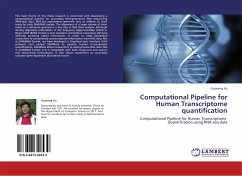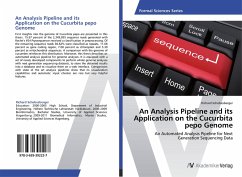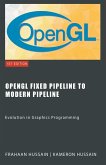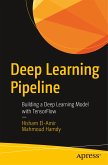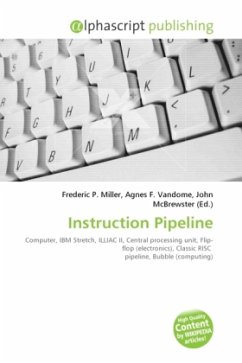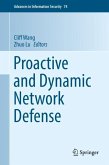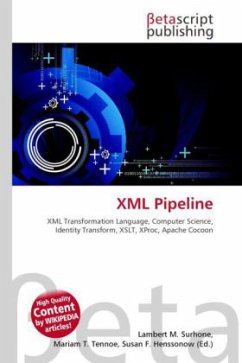The main theme of this thesis research is concerned with developing a computational pipeline for processing Next-generation RNA sequencing (RNA-seq) data. RNA-seq experiments generate tens of millions of short reads for each DNA/RNA sample. The alignment of a large volume of short reads to a reference genome is a key step in NGS data analysis. Although storing alignment information in the Sequence Alignment/Map (SAM) or Binary SAM (BAM) format is now standard, biomedical researchers still have difficulty accessing useful information. In order to assist biomedical researchers to conveniently access essential information from NGS data files in SAM/BAM format, we have developed a Graphical User Interface (GUI) software tool named SAMMate to pipeline human transcriptome quantification. SAMMate allows researchers to easily process NGS data files in SAM/BAM format and is compatible with both single-end and paired-end sequencing technologies. It also allows researchers to accurately calculate gene expression abundance scores.

